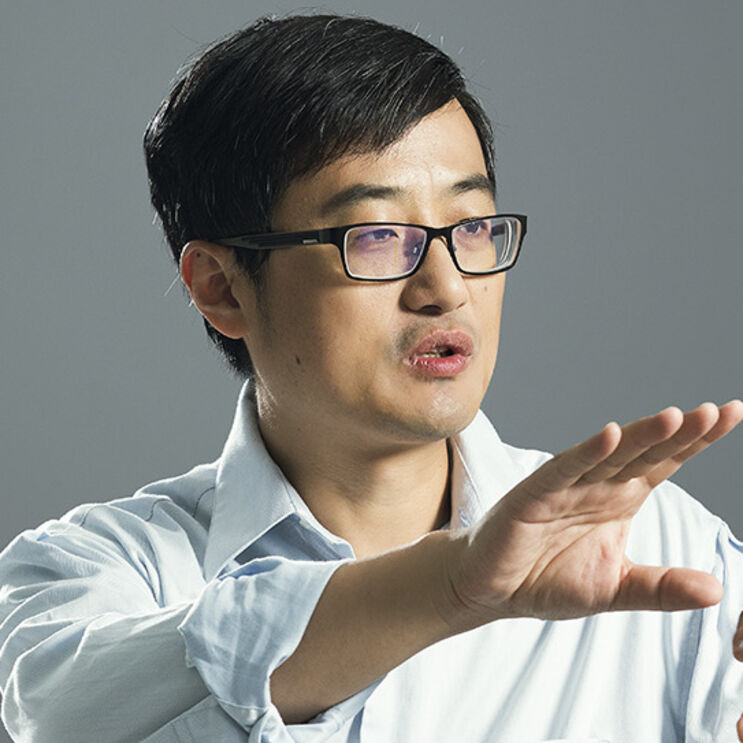Biography
Dr. Chang received his B.Sc. (2001) from Peking University and his Ph.D (2006) from Ohio State University. After completing his postdoctoral training (2011) at Yale University, he worked as an instructor at La Jolla Institute for Allergy and Immunology, and then started his own research lab at Shanghai Institutes for Biological Sciences, Chinese Academy of Sciences. In 2018, Dr. Chang joined Westlake University as an associate professor. Dr. Chang is investigating molecular mechanisms regulating lymphocyte development. Based on unique mechanisms of lymphocyte development, he is also developing incisive new tools to increase our understanding of biology and to discover treatments for human disease. His work led to many peer-reviewed publications, including Immunity (2018,2011), Molecular Cell (2018), Science Signaling (2017), Nature Methods (2016), eLife (2016), PNAS (2015), JEM (2005,2006).
History
2020
National Science Fund for Distinguished Young Scholars
2014
National Key Research and Development Program of China (Youth project)
2012
National high-level talent
Research
1. By combining components of bacterial and vertebrate immune system, we developed targeted cytosine deaminase (TAM), which enables diversifying mammalian endogenous DNA and molecular evolution (Nature Methods, 2016). We further demonstrate TAM can modulate RNA splicing and correct splicing defects associated with human diseases (Molecular Cell, 2018)
2. We have identified multiple RNA-binding proteins, and post-transcriptional mechanisms critical for immune cell development and immune tolerance (Immunity, 2018; P.N.A.S. 2015).
Academic area: Immunology, Molecular Biology, Cell biology, Genetics
Representative Publications
Contact Us
